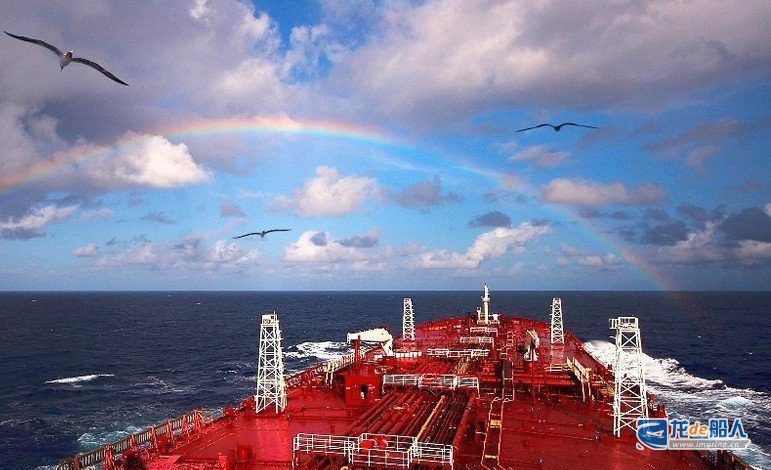Nordic American Tankers (NAT), a New York-listed shipowner and operator, has placed another newbuild order in South Korea. NAT has signed letters of intent with a South Korean shipyard for the construction of two Suezmax tankers, each valued at approximately $86 million.

The new vessels are expected to be delivered in the second half of 2028, with the final shipbuilding contract anticipated to be finalized in early 2026.
South Korean media believe that the shipbuilder mentioned in the NAT letter is most likely Samsung Heavy Industries. Since its founding in 1995, NAT has maintained a cooperative relationship with Samsung Heavy Industries, placing an order for three Suezmax tankers with the company that same year using funds it had raised.
Furthermore, NAT’s last new vessel order was in 2020, when it placed a contract with Samsung Heavy Industries for two Suezmax tankers, which were delivered in 2022 and put into operation through a sale-leaseback agreement with Ocean Yield. As of the end of June this year, the shipowner owned approximately 20 Suezmax tankers, the vast majority of which were built by Samsung Heavy Industries.
Nordic American Tankers currently operates a fleet of 20 Suezmax tankers, expanding its secondhand fleet while simultaneously ordering newbuildings. Earlier this year, the company acquired two 2018-built vessels from Ocean Yield under a charter agreement and purchased two 2016-built vessels from Eastern Pacific Shipping (EPS) at approximately $65.6 million each.
This year, the tanker market has seen strong order momentum driven by rising crude oil exports and demand for fleet renewal. Eight member countries of the non-OPEC oil-producing nations group (OPEC+) began implementing production increases starting in April. Saudi Arabia, the world’s largest oil producer, reached a daily crude export volume of 6.42 million barrels in September, marking an 18-month high. Crude oil exports from the United States, Guyana, Brazil, and other nations have also continued to climb, resulting in extended shipping distances.
Meanwhile, the aging of oil tankers is accelerating. Data from Singapore-based ship data provider AXS Marine shows that the average age of oil tankers has increased from 10 years in early 2018 to 14 years by 2025. The number of tankers over 21 years old has surged from fewer than 400 in 2018 to over 1,440 by mid-2025, more than tripling.


